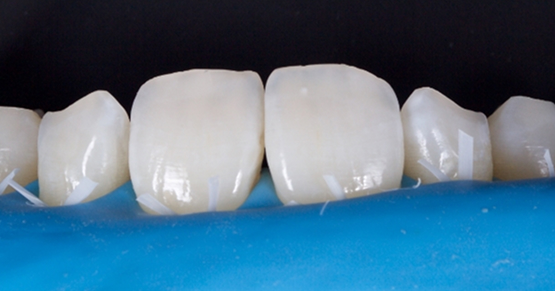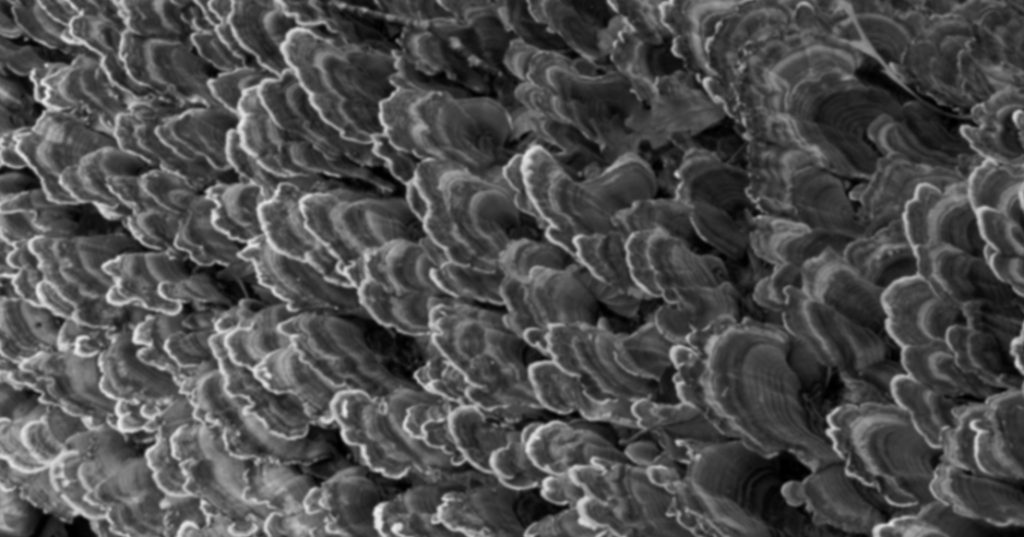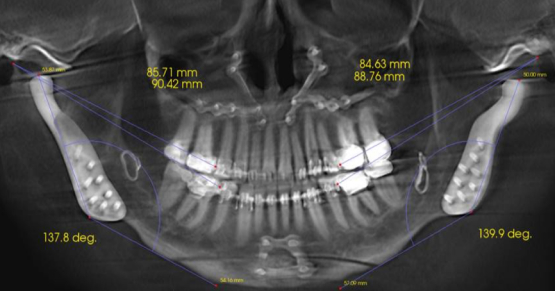Why Do We Sleep?
This headline poses a fascinating question that Dr. Matthew Walker explores in his recent book, Why We Sleep: Unlocking the Power of Sleep and Dreams.
In the book, Dr. Walker highlights the buzz that would come from scientists discovering something that could make you live longer or become more creative and attractive.
This natural resource, he writes, keeps you thin and reduces your food cravings. It protects you from cancer, dementia, colds and flu. It lowers your risk of heart disease, stroke and diabetes. You will feel happier, less depressed and less anxious.
Those are just a few of the advantages of a complete night’s sleep.
What Constitutes a Complete Night’s Sleep?
Research has shown that adults require 7-8 hours of sleep a night to function optimally. Children require significantly more depending on their age.
About half of the American population is sleep-deprived and one in three people routinely get less than six hours of sleep.
The average sleep time in 1942 was 7.9 hours per night. Today, it is 6.3 hours on average. The percentage of adults that can survive on six or less hours of sleep without impairment is 0%.
A person going 10 days with six hours of sleep is impaired like a person that has 24 hours of sleep deprivation. You do not get used to the new level of sleep and level out or recover. You will always continue to perform impaired.
People simply do not know how impaired they are if they are impaired. It’s called “baseline resetting.” Over months, they reset to a new “normal.” It is also a myth that you need less sleep as you age.
The Impact of Sleep Deprivation
We simply accept the deterioration of sleep because it happens slowly. Rarely do we connect the loss of sleep quality and quantity with the deterioration of our health, or have physicians address the issue.
If you are the person that wakes up at 4 a.m., you risk reducing your sleep by two hours, or 25%, which leads to a 60-90% loss of rapid eye movement sleep. REM is a wake-like brain signal where the thalamus allows signals of emotion, motivation and problem-solving to be processed.
Reduced REM can lead to anxiety, depression and pain. There is no major psychiatric condition where sleep is normal. The body craves REM sleep and will attempt to resolve the deficit.
People working at a REM deficit may experience a REM sleep rebound when they finally get a good night’s sleep. The body tries to replenish the deficit and the dreams may be extremely intense.
People faced with alcoholism can have significant deficits of REM sleep due to the impact the alcohol has on sleep. When the alcohol is removed, “delirium tremens” is like REM sleep rebound while awake.
Finally, reading off a tablet for an hour in bed as opposed to reading a book with soft light delays melatonin release by three hours, leaving you less refreshed the next day due to the loss of REM sleep.
Encouraging Healthier Sleep Habits
Instead of waking up in the middle of the night, what if you simply went to bed two hours later? In that case, you will rob yourself of a significant amount of non-REM sleep.
In NREM sleep, we release hormones, recover physically from the day, and move memories from short-term to long-term storage. In children, deep sleep refines brain development in the areas of cognition, critical thinking and reasoning. Increases in deep sleep always precede brain maturation.
Deep sleep assists in weight management. People getting only 5-6 hours of sleep will require 200-300 extra calories per day. The serotonin centers in the brain will create a desire for high carbohydrate, processed, sugary foods. As opposed to popular belief, serving sizes, processed foods and a sedentary lifestyle cannot explain the level of obesity today.
Yet, the loss of two hours of sleep on average might. The Catch-22 is that if you diet without sleep, 70% of the weight loss is from lean muscle mass not fat. The body apparently assumes that if you are not sleeping, you must be foraging for food.
In response, it increases fat stores. Those trying to exercise when getting less than six hours of sleep will find a 10-30% reduction in time to physical exhaustion. Their aerobic output, limb extension force and vertical jump height are reduced.
Additionally, lactic acid increases faster in the muscles, blood oxygenation and the ability to sweat are reduced, and the risk of injury is increased. At the same time, post-performance sleep increases recovery from inflammation and muscle repair.
So, why do we sleep? Because it is the key for physical and mental well-being. And yet we place so little emphasis on it.
People brag about being able to go long periods without sleep as if it were a badge of honor. Instead, we should value that time and help our patients heal.
Dr. Walker’s book only superficially touches on the disruption to normal sleep that airway dysfunction can create. But the parallels between his data on sleep loss and airway prosthodontic impacts are staggering.
VIRTUAL SEMINARS
The Campus CE Experience
– Online, Anywhere
Spear Virtual Seminars give you versatility to refine your clinical skills following the same lessons that you would at the Spear Campus in Scottsdale — but from anywhere, as a safe online alternative to large-attendance campus events. Ask an advisor how your practice can take advantage of this new CE option.

By: Jeffrey Rouse
Date: August 19, 2019
Featured Digest articles
Insights and advice from Spear Faculty and industry experts


